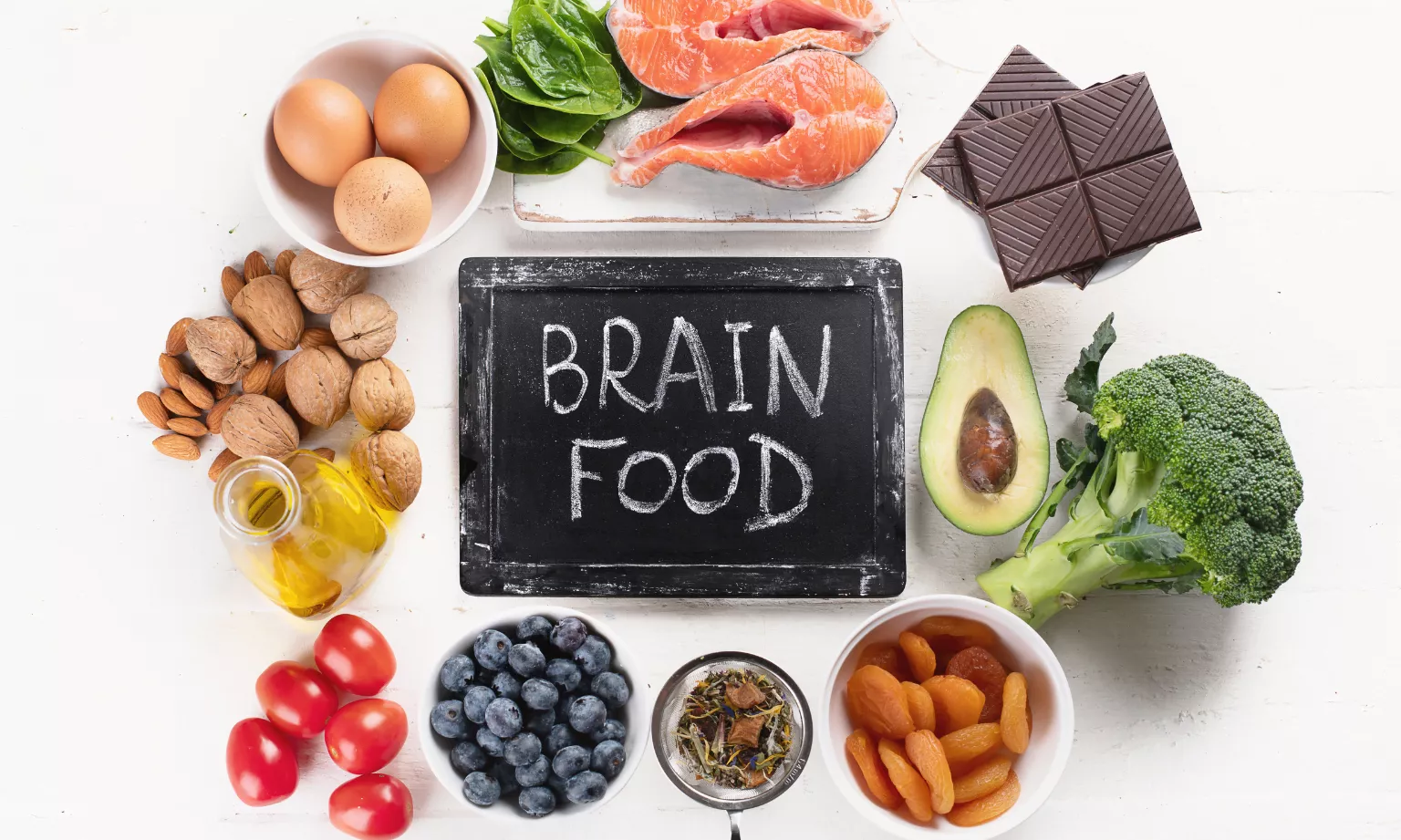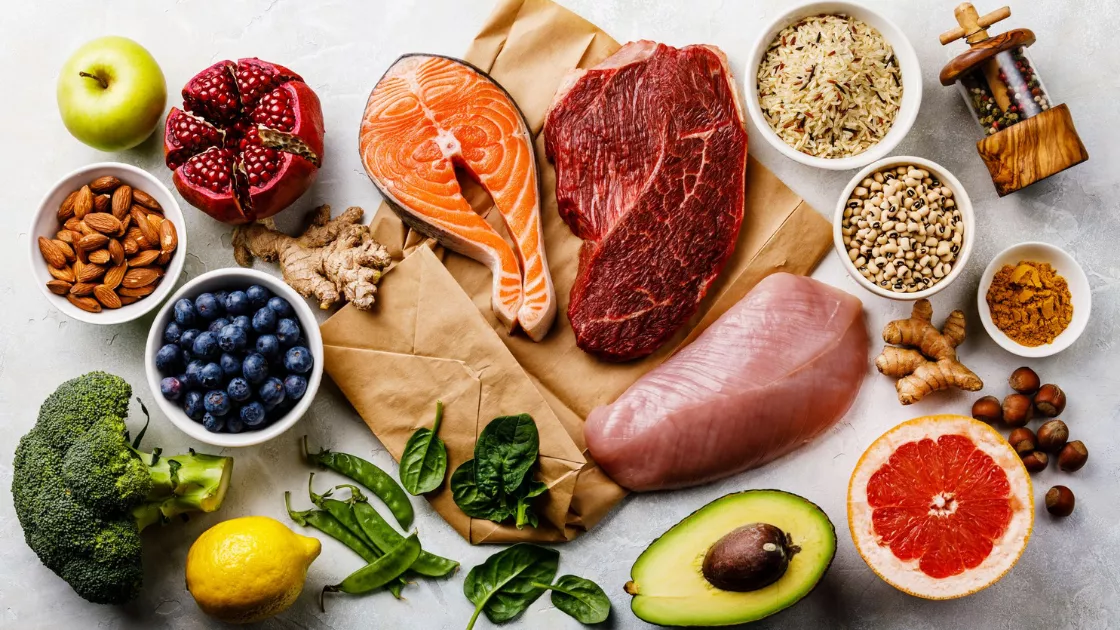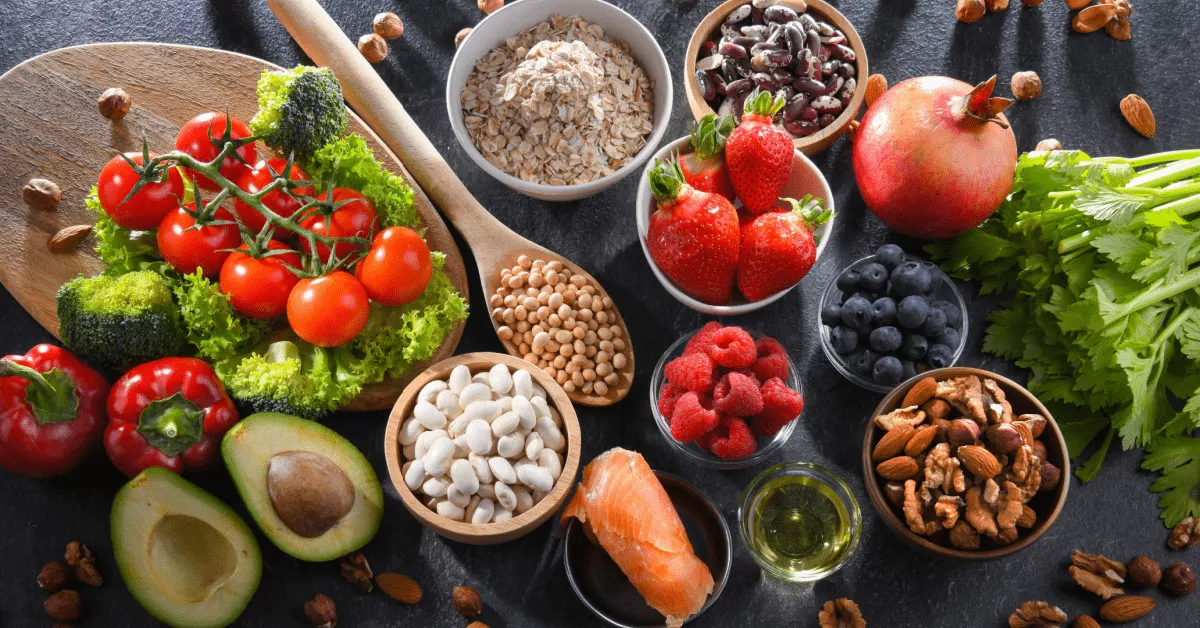Every parent wants their child to stay sharp, focused, and full of energy. Whether it is learning to read, solving puzzles, or preparing for exams, children need the right fuel to help their brains function at their best. Food is more than just fuel. It can shape how well your child thinks, remembers, and reacts to new information. Choosing the best brain food early in life builds a strong foundation for learning and development. Let's learn more!
Why Brain Nutrition Starts Early
The brain grows rapidly during childhood. The connections that form now shape how a child thinks and reacts in later years. During these early stages, the body needs more vitamins, minerals, and healthy fats. These nutrients help brain cells communicate better. They also protect against fatigue and low attention span.
If a child eats well, they concentrate better. They also show better control over emotions. But when the diet lacks variety or nutrition, children may seem distracted or tired. That is why a good routine and a balanced diet make such a difference. Many nutritionists and dietitians in India now focus on meals that support brain development, not just growth in height or weight.
Best Brain Foods to Support Learning
Some foods help the brain more than others. These options are packed with nutrients that improve attention, memory, and problem-solving skills. Here are five great choices you can include in your child’s meals:
- Lentils
Lentils are full of folate and zinc. These help build brain cells and support long-term memory. They also help regulate mood.
- Walnuts and Seeds
Walnuts contain omega-3 fats. Sunflower seeds add vitamin E and iron. Together, they help the brain stay active and improve sleep patterns.
- Turmeric
When used in small amounts, turmeric adds more than flavour. It contains curcumin, which may reduce brain inflammation. This can support clearer thinking and improve how the brain processes memory.
- Leafy Greens
Vegetables like spinach, methi, and lettuce bring important nutrients to the table. These greens contain folate and vitamin K, both of which help blood flow properly to the brain. They also play a role in protecting nerve cells from damage.
- Berries
Berries are loaded with antioxidants. They help build new brain cells and improve focus, especially during schoolwork or exams.
These foods are easy to include in a regular Indian diet. You can mix lentils into soup. Add walnuts to porridge. Use turmeric while cooking vegetables. Blend berries into smoothies. And serve leafy greens with lunch or dinner.
Brain Food for Studying and Exam Days
Studying takes energy. Mental focus drains nutrients just as quickly as physical activity. Children need the right fuel to stay sharp during classes, revisions, and tests. Some meals help the brain stay calm and alert. Good brain food for studying includes:
- A boiled egg with wholegrain toast.
- Curd with banana and chia seeds.
- A bowl of oats with crushed almonds.
- Moong dal khichdi with vegetables.
- Herbal tea made with tulsi or dry ginger.
It is best to avoid heavy, greasy, or sugary foods right before studying. These can slow the brain down and make children feel sleepy. Drinking enough water is also important. Even mild dehydration can lower memory performance.
Building Better Eating Habits
Good food works best when paired with the right habits. Nutritionists and dietitians in India often say that routine is just as important as the ingredients on the plate. Encourage your child to:
- Eat meals at the same time each day
- Chew slowly and avoid distractions during meals
- Stay active with regular outdoor play
- Take short breaks while studying
- Sleep for at least 8 to 10 hours a night
These steps help the brain absorb and use nutrients more effectively. They also help improve mental focus and reduce restlessness. Parents who follow the same habits often see better results in their children too.
How to Handle Brain Food Resistance
Not all children are open to change. Some may reject green vegetables. Others avoid anything that looks unfamiliar. That’s normal. Instead of forcing a meal, try gentle adjustments. You can mix spinach into parathas or make lentil soup taste better with spices. Walnuts can go into chocolate-based energy balls. Berries can be added to homemade yoghurt.
A little creativity helps your child get the benefits without making it feel like a chore. You can also involve your child in small kitchen tasks. Let them wash vegetables or pick ingredients. These simple activities build confidence and make healthy eating feel more enjoyable.
Final Thoughts
What children eat affects how they feel, think, and behave. Brain-boosting foods are more than just meals. They help children stay focused, remember things better, and handle learning challenges more easily.
Build a diet that includes variety, colour, and texture. Plan meals that nourish both body and mind. If you are unsure what your child needs or if you want a customised plan, it is always best to ask an expert.
Being the best nutrition and dietetic hospital in India, Aster Hospitals provides experienced care through qualified nutritionists and dietitians. Their guidance can help you choose the right food plan to support your child’s learning and growth.










